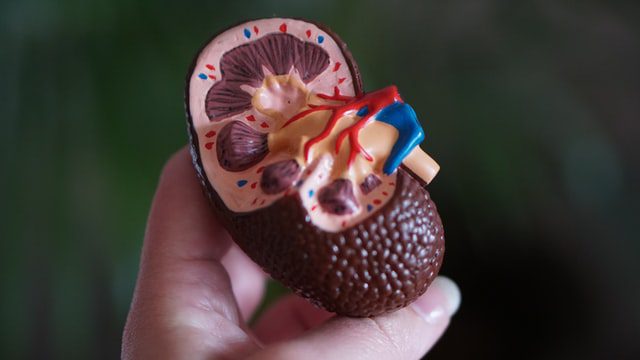Your kidneys are a pair of bean-shaped organs that play an essential role in your body. These organs coordinate with other vital organs such as the liver, heart, and the brain to keep you healthy. They are responsible for keeping your blood clean and chemically balanced.
However, in a country where many are still unaware of how valuable their kidneys are and how easily they can be damaged, World Kidney Day is observed all over the world in March every year, aiming to raise awareness about kidney health and its diseases.
Kidney functions
You probably know that your kidneys perform many important functions in your body, including filtering waste from blood and excess fluid. But they do much more than that. Your kidneys work with other organs to help regulate blood pressure, stimulate production of red blood cells, keep bones strong and control the balance of minerals and salts in the body.
But when your kidneys are damaged and can’t filter blood effectively, waste builds up in the body. This condition is known as kidney failure or end-stage renal disease. Three million people worldwide — including about a million in India — suffer from kidney failure.
There are two main types of kidney failure: acute and chronic. Acute kidney failure is an abrupt decline in function that develops within a few hours or a few days. Chronic kidney failure is a gradual decline in function over a period of months or years. The most common causes of both types of kidney failure include:
- High blood pressure
- Diabetes (both type 1 diabetes and type 2 diabetes)
- Glomerulonephritis (a group of diseases that cause inflammation and damage to the kidneys’ filtering units)
- Heart failure
- Polycystic kidney disease (PKD) — an inherited disorder involving cysts on the kidneys
- Kidney stones
- Infection – especially urinary











Leave a Reply